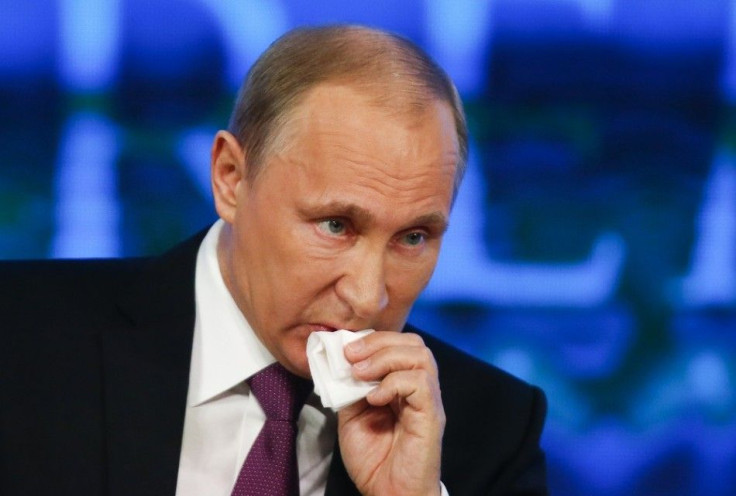Russia goes against Australia in Syria peace talks; Exclusion brings to light the "Moscow gap"

Russia's objection prompted Australia's exclusion from the Syrian peace talks in Vienna last week despite the latter's participation in Syria against the Islamic State. Although Malcolm Turnbull and Vladimir Putin had a meeting in Turkey after, Julie Bishop's exclusion has drawn attention to what was called the "Moscow gap."
Twenty countries convened in Vienna on Saturday to resolve the Syrian conflict. Countries and regional groupings included were: United States, Russia, Britain, France, Iran, Iraq, Saudi Arabia, the European Union, the Arab League and the United Nations. Surprisingly, even with Australia's considerable military activity in Islamic State airstrikes in Syria and Iraq, the country did not become part of the talks under the International Syria Support Group.
The Conversation reported that the foreign affairs minister, Bishop, questioned the United States on Australia's exclusion. There were no clear reasons cited to Russia's objection although the report said that it may have something to do with Australia and Japan’s attendance in Russia and the United States' power play.
For several months, senior intelligence officials, policymakers and politicians have been focusing more on Japan, China, U.S. and India relations. Government sources said that Russia has been concerned about the lack of depth in its relationship with Australia.
“There was too much concentration on the MH17 issue and not enough on Russia’s broader strategic impact,” The Australian quoted a source.
Another source told the publication that “we need to spend more attention to Russia than we do." The person also emphasised the gap in Australia's relative attention to Russia compared to other countries like India, Japan and China.
Even with the issue on exclusion, Australia remains committed to helping solve the Islamic State problem. Prime Minister Turnbull said previously that a political solution should help unify countries and address the terror problem. Australia’s defence minister, Marise Payne, noted that they will look into the matter following the prime minister's trip overseas.
“Obviously these matters have to be considered very, very seriously in the cold harsh light of day and those discussions commencing in Europe and in part at least in Turkey around the G20 table now are very important aspects of that,” the defence official told the ABC.
“We’re making the second-largest contribution at the moment. ... And if we are to enhance that or to change that in any way that will be a considered step by the Australian government.”
Contact the writer at feedback@ibtimes.com.au, or let us know what you think below.





















